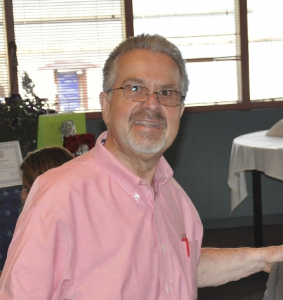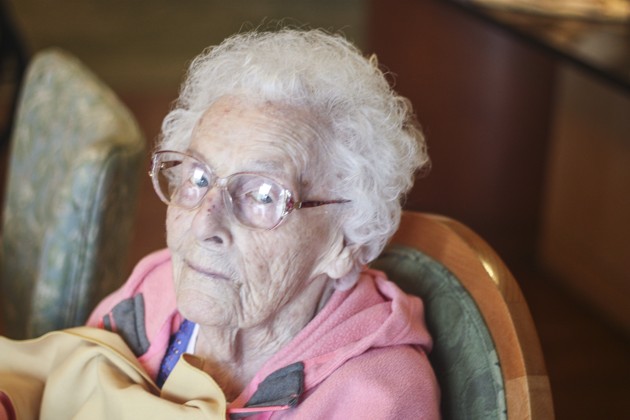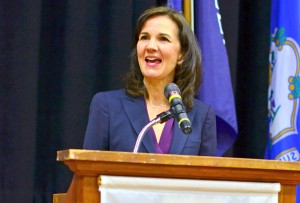 Long-time CDR member Frederick N. Frank, age 71, of Stratford, the beloved husband of Bonnie Bilcheck Frank, passed away on Sunday, July 19, 2015, at CT Hospice in Branford.
Long-time CDR member Frederick N. Frank, age 71, of Stratford, the beloved husband of Bonnie Bilcheck Frank, passed away on Sunday, July 19, 2015, at CT Hospice in Branford.
Fred was born in Bridgeport to the late Frederick and Mary (Kerpchar) Frank and has been a lifelong Stratford resident.
He was a graduate of Bunnell High School, Fred then went on to receive his bachelor’s degree from New Haven College (now the University of New Haven) and he became sales manager for Mudricks TV and Appliance.
Much of Fred’s working years were spent involved with several disability resource organizations. He was a true advocate for people with disabilities.
Fred was a member of numerous organizations including the Bridgeport Kiwanis of which he was past president.
He was best known to his family and friends for telling jokes and making people laugh, even if he told the same jokes over and over. He also enjoyed playing cards, going to movies and just spending time with family and friends.
In addition to his wife of 47 years Bonnie, Fred is survived by a son Craig Frank and his wife Mary of Milford, his grandchildren Justin, Kailee and Kristin, a sister MaryAnn Hretz and her husband George of Trumbull and several nieces, nephews and cousins. His son Gary Frank predeceased him.
Funeral Services took place Thursday, July 23, 2015, in the Adzima Funeral Home 50 Paradise Green Place and in St. John’s Byzantine Catholic Church, Trumbull, with a Divine Liturgy of Christian Burial. Burial was at St. John’s Cemetery Stratford.
The family requests in Lieu of flowers those desiring may make donations in Fred’s memory. To make an online condolence please visit www.adzimafuneralhome.com.




